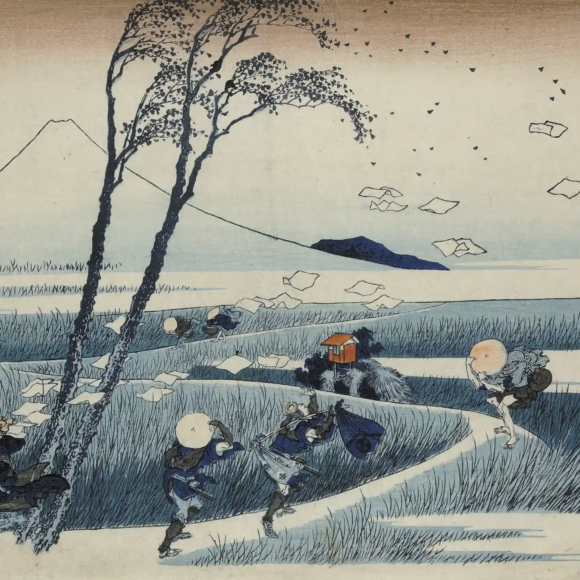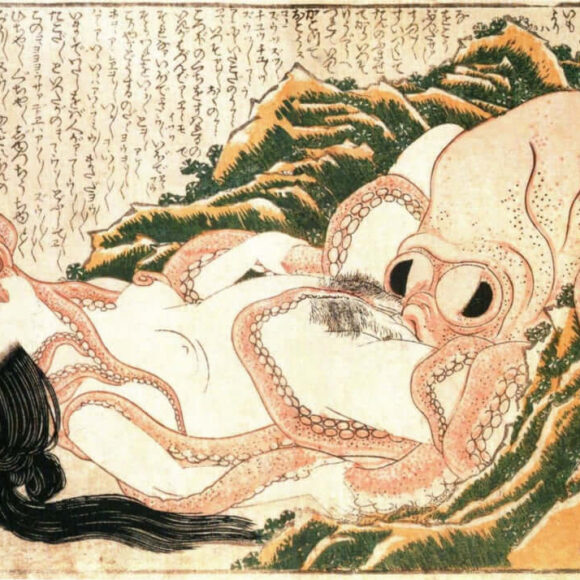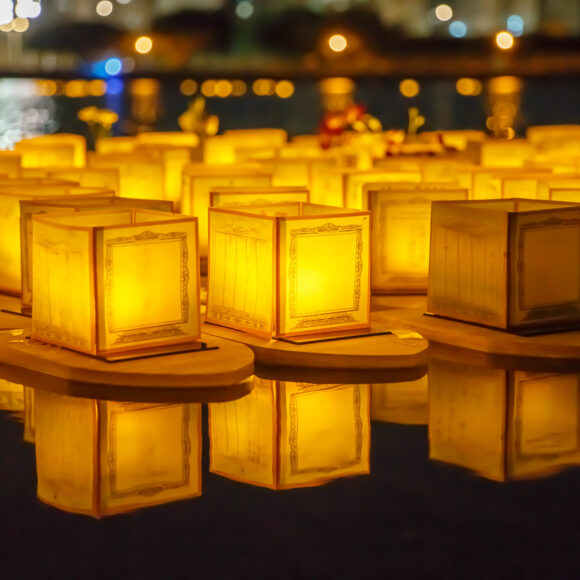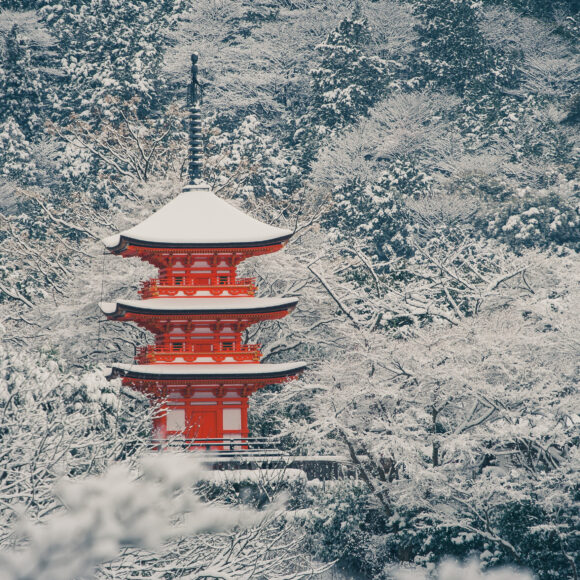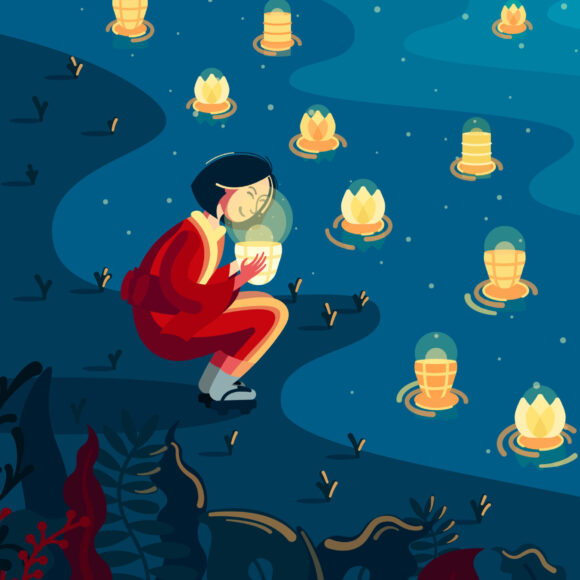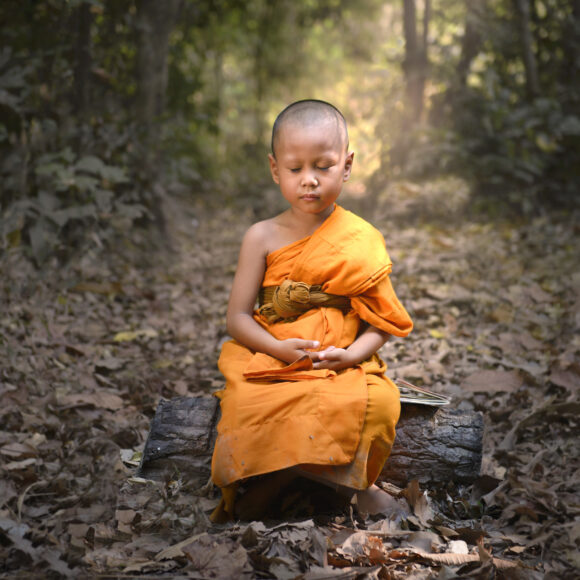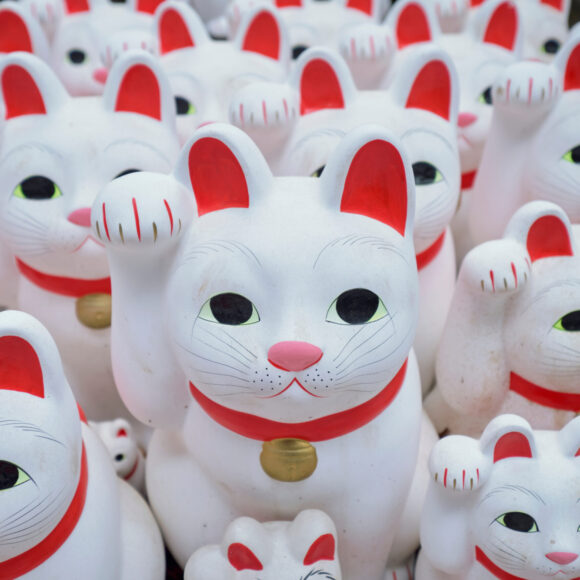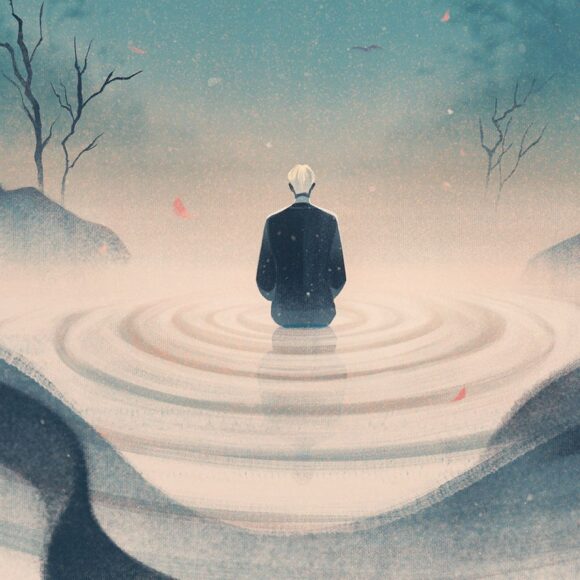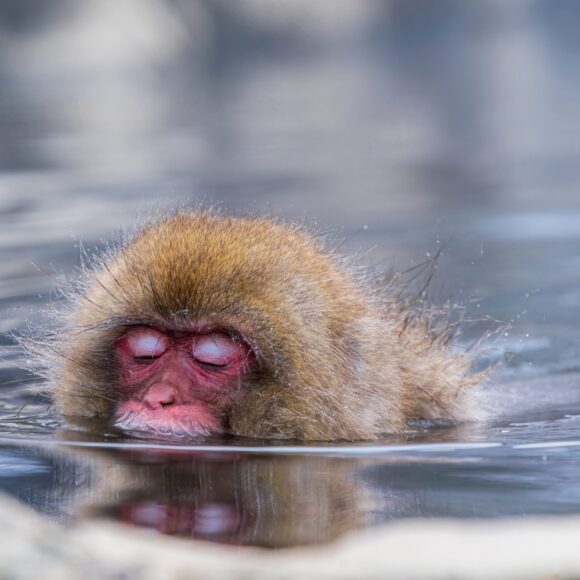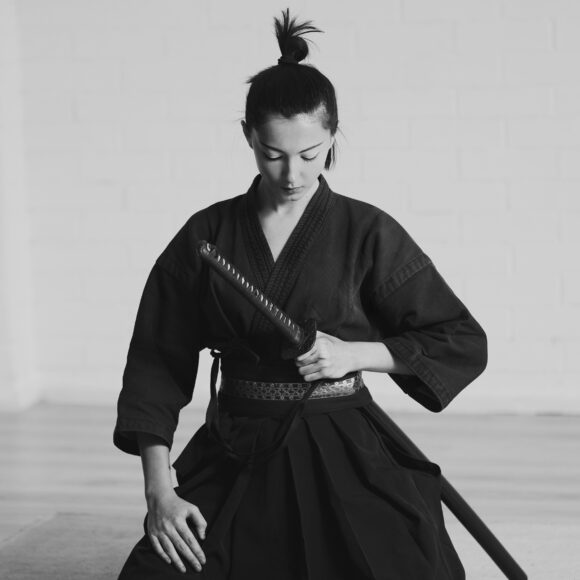The concept of "wind" or "kaze" in Japanese culture holds a significant place in the traditional beliefs and way of life. It is often associated with change and unpredictability, representing the forces of nature that can bring both positive and negative influences into one's life.
Project Category: Japanese Culture Events
Imagination and Creativity in Japan: from erotic art (shunga) to anime
Japanese erotic art, Shunga, offered unashamed, non-violent, liberating and sometimes humorous approach to sexual pleasure. Despite technological advances, the popularity of the original Shunga artworks has never changed. In fact, this genre had a significant impact on Japanese video games and especially inspired anime and manga.
Japanese Calligraphy: Spirit
In Japan, Shinto approach to life set the stage for a rich mythology and folklore. Everyday objects as well as nature are believed to have ‘rei’ - its unique spirit. Join our next calligraphy session to enjoy Japanese views on spirits living among us.
Japanese Calligraphy: Cold
In Japan, cold is not seen as something to hide away from. Following Shinto traditions of purification, cold offers an opportunity to purify body and spirit and to train the character. Join our next Japanese calligraphy session!
Collective Memory: honouring deceased in Japan
Every summer Japan celebrates a festival, Obon, to commemorate ancestors, whose spirits are believed to return to this world in order to visit their relatives. It is believed that memorial ceremonies not only help people to pay their respect to spirits of deceased relatives but also serve as healing rituals helping families and communities to process their grief and disturbing memories.
Japanese Calligraphy: Beginning
Zen Buddhism brought an idea of ‘beginner’s mind’ (shoshin) which means one looks at every situation as if it’s the first time he sees it. Beginner’s mind (or a mindset) allows us to approach everything with an attitude of openness, constant learning and a lack of preconceptions.
Winning and losing in Japan: what does success mean?
Success in Japanese culture is almost an enigma for a Western mind. What is its secret ingredient? In this session Azumi Uchitani will examine the success and failures of international companies operating in the Japanese market and shed light on values which contribute to the concept of ‘success’ for Japanese people.
Japanese Calligraphy: Ending
Although the combination of characters means 'ending', but it also signifies a connection to a new beginning. Join Azumi Uchitani’s Calligraphy class for a contemplative session on kanji Shu.
Japanese Calligraphy: Comfort
Japanese gardens, meditation practice, tea ceremony or origami folding - Japanese culture offers countless possibilities to bring our attention to the moment and find roots and comfort in the mundane. Join the next Calligraphy class with Azumi Uchitani as she takes you on a journey seeking for comfort.
Japanese Calligraphy: Righteousness
Gi is one of the basic principles that applies to samurai (a warrior) it's an attitude to serve to the higher, to the family, to the community where you belong by making a moral decisions with compassion. Join our next Japanese Calligraphy class with Azumi Uchitani and discover different shades and meanings of Gi in traditional and modern Japan.

